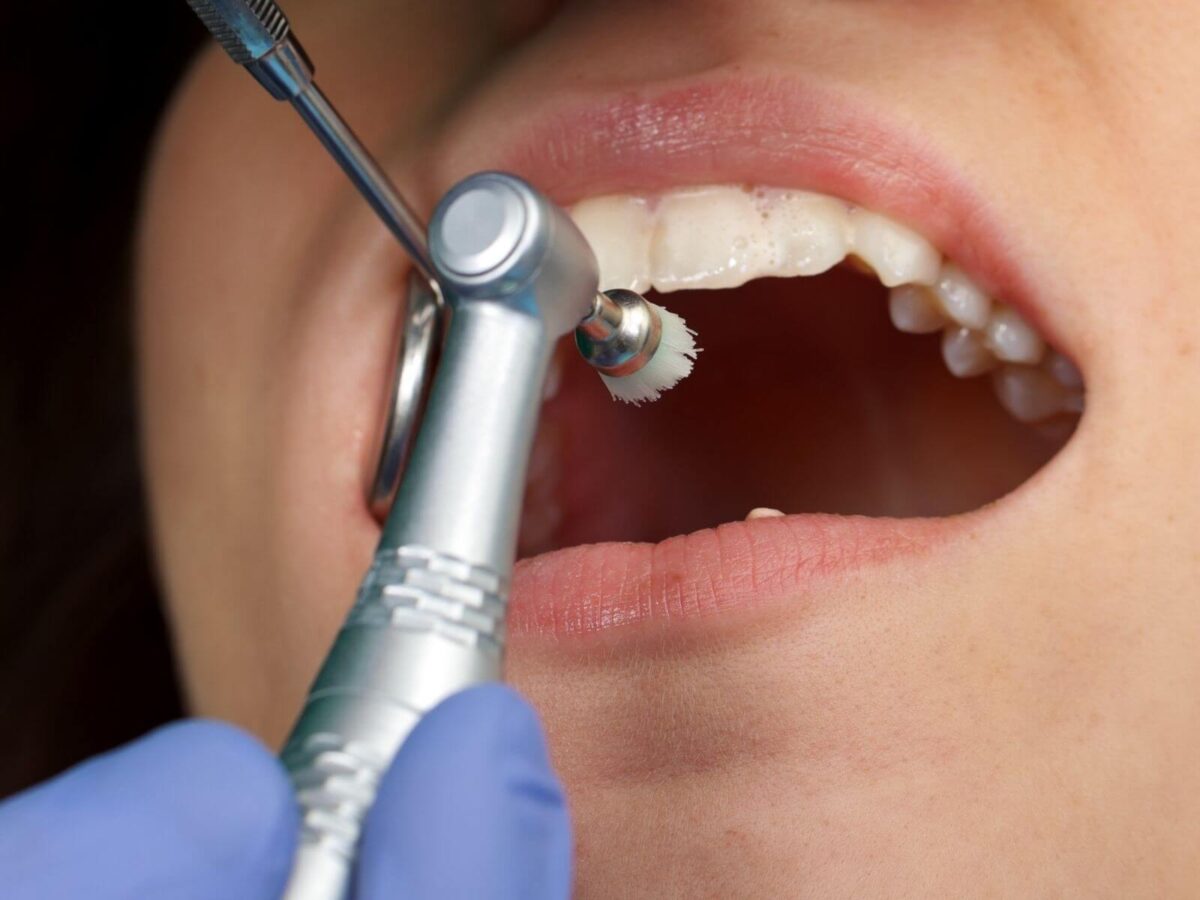If you’ve recently had a tooth extracted, replacing it is likely at the forefront of your concerns. Not only does the gap left behind affect the aesthetics of your smile, but it can also lead to chewing difficulties. While several options address missing teeth, dental implants stand out as the most durable and natural-looking solution. They closely replicate the appearance and function of real teeth, making it seem as if the missing tooth was never gone in the first place.
But how soon after a tooth extraction can you get a dental implant? Let’s explore this important question. Keep reading to learn more!
Benefits Of Dental Implants
Although dental implants are frequently thought of as the best option for replacing missing teeth, there are other options as well. In some cases, extracted teeth may not require replacement, particularly if they are back molars that do not significantly impact chewing or aesthetics. However, other options like partial dentures or dental bridges may be considered when tooth replacement is necessary.
Alternatively, if you decide to use a partial denture, your jawbone will most probably worsen. This is particularly so when they become loose and start moving up and down on the bone ridge below the gum line. In several cases, getting a dental implant to fill a gap in the teeth is beneficial, especially for patients who:
- Experience dental shifting and need more stability
- Are missing multiple neighboring teeth
- Are at risk of bone loss
- Need a long-lasting solution for tooth loss
- Cannot wear dentures
- They are healthy and have a jawbone that heals properly.
Waiting for Your Mouth to Heal
Tooth extraction can be categorized as maxillofacial surgery or, more specifically, major oral surgery.
If a patient has a tooth that needs to be extracted and is planning on getting a dental implant, he or she will have to wait at least 10 weeks before the implant can be inserted. This waiting period is important because the mouth may take some time to heal after the tooth extraction surgery.
Admittedly, there is no enterprise around that does not always have some exceptions. Sometimes, patients can get their dental implants put in as soon as their tooth is removed. You may need to wait until your mouth is healed before you have dental implants, or some dental implants can be placed at the same time as the extraction, depending on many factors, such as the effects on your general health, the position of the teeth, and infection.
How Much Should I Wait For A Dental Implant After A Tooth Extraction?
The timing of dental implant placement after tooth extraction varies depending on several factors, including the health of your gums, the condition of your jawbone, and any underlying dental issues. Based on these variables, dentists typically recommend one of three primary approaches to dental implant surgery:
1. Immediate Implant Placement
If your gums are healthy and your jawbone is sturdy, you may be able to get the dental implant immediately after the tooth extraction. Nonetheless, immediate post-extraction implant placement is impossible for all patients since single-rooted implants are appropriate only for incisor, canine, and premolar areas.
2. Delayed Implant Placement
For some patients, dental implant placement may need to be delayed by two weeks to three months after extraction. This option allows the extraction site to heal, reducing the risk of infection or inflammation and minimizing bone loss. During this healing period, the surrounding bone and gum tissues regenerate, creating a more stable foundation for the implant. Delayed implant placement is often recommended when the extraction area shows minor complications or the patient’s oral health requires additional care.
3. Late Implant Placement
Late implantation is implanting an implant after tooth removal is done. Sometimes, additional operations that have to be made simultaneously as extraction are needed to enhance the bone mass and provide conditions for implantation, for instance, bone grafting or sinus augmentation. Usually, it will take about three to six months to create a new bone. Although this approach takes longer, it provides a sturdy and durable foundation for the implant, ensuring long-term success.
Why Timing Matters
The timing of your dental implant implantation is crucial since it directly affects its success and longevity. Installing it immediately could be convenient, but only if the placement suits implant stability. Delays and late implantation allow for full healing, ensuring optimal performance by blending the implant into the jawbone.
Talk to Your Dentist Today About Dental Implants
Speaking with your dentist about dental implants is a crucial next step if you have just had a tooth extracted or are considering getting one. They can tell you how long it will take to get your new tooth – and why getting dental implants in Elgin Dentist, TX, is such a big deal!
Dental implants are a long-term treatment that enhances self-esteem and quality of life by restoring the look and functionality of teeth. Make an appointment for a consultation right now to discuss your options and start on the path to a more complete, healthier smile.




